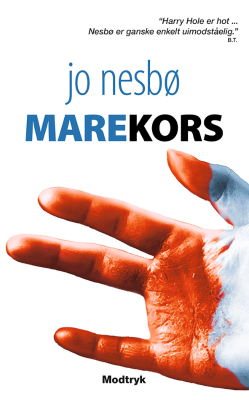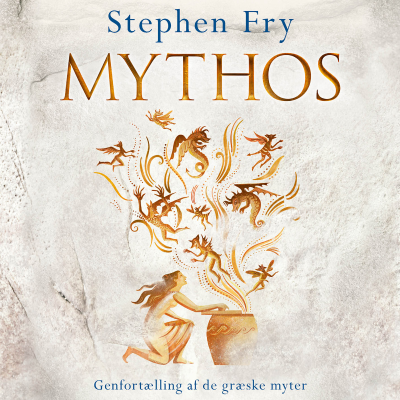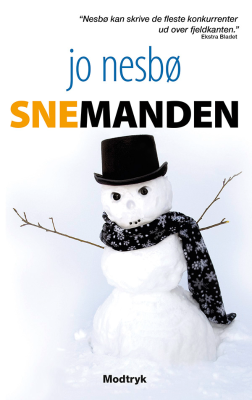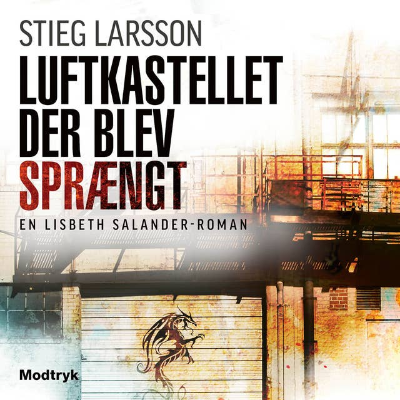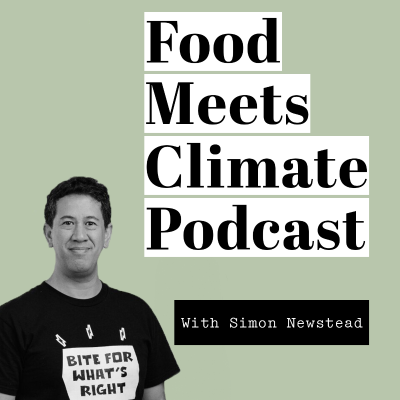
Food Meets Climate Podcast with Simon Newstead
Podcast af Food Meets Climate Podcast
The Food Meets Climate Podcast features conversations with startup founders leading the way to a climate-friendly food system. From breakthrough new technology to new lower-emission foods and approaches, we're going deep into the minds of innovators and their startups who are changing our food future for the better. Episode notes can be found at: https://foodmeetsclimate.com Want to be interviewed on this show? Email simon@betterbite.vc
Begrænset tilbud
3 måneder kun 9,00 kr.
Derefter 99,00 kr. / månedIngen binding.
Alle episoder
50 episoderNick Hazell, the founder of Algenie, shares his background and motivation in food and algae industries before moving to the potential of algae as a solution for carbon capture and the challenges of reducing the cost of algae production. Nick explains the evolution of algae production methods, from raceway ponds to photo-bioreactors, and introduces the helical photobioreactor developed by Algenie. He also highlights the importance of optimizing algae strains and the potential for algae to be used in various industries and applications. Nick envisions a paradigm shift where using more algae-based products can lead to carbon sequestration and a more sustainable future. Takeaways * Nick's background in the food and algae industries has motivated him to explore the potential of algae as a solution for carbon capture. * The cost of algae production has been a major challenge, but Algenie is working on reducing costs through the development of the helical photobioreactor. * Optimizing algae strains and production methods is crucial for maximizing productivity and creating valuable outputs. * Algae has the potential to be used in various industries, from plastics to textiles, and can contribute to carbon sequestration. * A paradigm shift is needed, where using more algae-based products can lead to carbon sequestration and a more sustainable future. Sound bites Nick: “If you can find an economic reason to make all of your stuff ultimately out of algae, then what you're doing is you're making it out of carbon dioxide.” Nick: “The trick is making sure that every algal cell gets exactly the photons it needs when it needs it” Nick: “The helical photobioreactor solves the manufacturing cost of the photobioreactor and could be the biggest invention I've ever worked on” Timestamps 00:00 Nick's Background and Motivation 08:16 Introduction to Algenie and the historical context of Algae 13:54 The Potential of Algae for Carbon Capture 18:56 Reducing the Cost of Algae Production 27:42 Optimizing Algae Strains for Different Applications 35:22 A Paradigm Shift: Using More Algae-Based Products
Luca Fichtinger, one of the founders of Kern Tec, an Austrian-based upcycling food tech company, discusses their journey of turning fruit pits into new ingredients for the food and beverage industry. They have developed technologies to extract healthy fats and proteins from fruit pits and have created products such as food oils, chocolate spreads, and dairy alternatives. Luca emphasizes the importance of upcycling in reducing food waste and the environmental impact of the food industry. He also discusses the challenges of supply chains, the need for new technologies, and the importance of developing final products to showcase to consumers. Luca shares their plans to scale production, expand into new markets, and continue developing technologies for other side streams. Takeaways * Upcycling food waste, such as fruit pits, is an important step in reducing the environmental impact of the food industry. * Developing new supply chains and technologies is crucial for upcycling side streams into valuable ingredients. * Creating final products and showcasing them to consumers is essential for market adoption. * Kern Tec plans to scale production, expand into new markets, and continue developing technologies for other side streams. Sound bites Luca: “Upcycling is still a very niche trend, but there are many opportunities to reduce food waste and turn side streams into valuable ingredients.” Luca: “Developing final products and showcasing them to consumers is essential for market adoption” Alan: “Kern Tec plans to upcycle as many side streams as possible and expand into new markets” Timestamps 00:00 Introduction 04:30 Genesis of Kern Tec: Discovering the Potential of Fruit Pits 08:12 Product Development: From Oils to Chocolate Spreads and Dairy Alternatives 12:14 Building the Team: Bringing on Technical Co-Founders 16:23 Prototyping and Developing Technologies for Upcycling 20:53 Funding and Financing: Bootstrapping and Grants 23:22 Product Strategy: B2B vs. Consumer Play 27:44 Educating Consumers and Positioning Upcycled Products 30:26 The Upcycling Market: Challenges and Lessons Learned 35:11 Sustainability and Environmental Impact of Upcycled Ingredients 39:13 Future Plans: Scaling Production and Expanding into New Markets
Alan Iván Ramos, co-founder of Libre Foods, discusses the role of fungi and mycelium in alternative protein. He shares his journey from studying philosophy to joining the ProVeg Incubator and starting Libre Foods. Their first product is a fungi-based bacon that aims to replicate the taste, texture, and experience of traditional bacon without the harm. Alan also discusses the challenges of regulations, production, and the long-term vision of creating whole-cut meat alternatives. Takeaways * Fungi and mycelium have the potential to play a significant role in alternative protein. * Libre Foods aims to offer diverse and sustainable food options in the short and long term. * Their first product is a fungi-based bacon that replicates the taste, texture, and experience of traditional bacon without the harm. * Regulations and infrastructure are major challenges in the alternative protein industry. * The long-term vision of Libre Foods is to create whole-cut steak and chicken alternatives. Sound bites Alan: “Libre is a climate-driven company and using fungi and fermentation to replace people's favorite meat products, specifically whole-cut meats.” Alan: “We want to be one of the companies that's shaping that narrative, telling that story about fungi, why is fungi so great?” Alan: “We were able to achieve this meatiness, this crispiness, and one thing that we really were able to innovate around as well was the fat component” Timestamps 00:00 Alan's Journey and the Start of Libre Foods 05:38 The Role of Fungi and Mycelium in Alternative Protein 11:01 The Challenges of Regulations and Approval 14:12 The State of Plant-Based Products in Spain 19:55 Enhancing the Eating Experience with Fungi 28:06 Consumer Feedback and Product Iteration 34:21 Production Challenges and Partnerships 37:07 The Long-Term Vision: Whole-Cut Steak and Chicken Alternatives
At 16 years old, Tasneem Karodia cut meat out of her diet for sustainability reasons. However it wasn’t until she was working in management consulting that she saw the accelerating potential of protein alternatives, and decided to leave her job to join the movement. Now as co-founder and CFO of Mzansi Meat, Africa’s first cultivated meat company, she comes on the podcast to share her story and that of the South African startup. We chat about what it was like to leave her previous job behind and the technological learning curve that came with transitioning to the sector. We also do a deep dive on South African perceptions of meat and meat alternatives, scaling, what species Mzansi has chosen to start with and an exciting milestone reached for the startup so far plus more.
While completing his PhD in stem cell differentiation, Viknish Krishnan-Kutty realised he wanted to apply his science directly, rather than run the risk of having his research published and archived. Fast forward to now and he is the founder and CEO of Singapore-based startup Cellivate Technologies, a startup focused on enhancing and improving cell culture efficiency through the creation of edible microcarriers. In this week’s episode we speak to Viknish about what microcarriers are, as well as how Cellivate Technologies are using them to solve industry bottlenecks. We also discuss the main benefits of microcarriers for cell-based meat companies and what the founder experience has been like for Viknish personally so far. Blog: Compounding Cultivation [https://veganstartuppod.com/blog/compounding-cultivation]
Begrænset tilbud
3 måneder kun 9,00 kr.
Derefter 99,00 kr. / månedIngen binding.
Eksklusive podcasts
Uden reklamer
Gratis podcasts
Lydbøger
20 timer / måned















